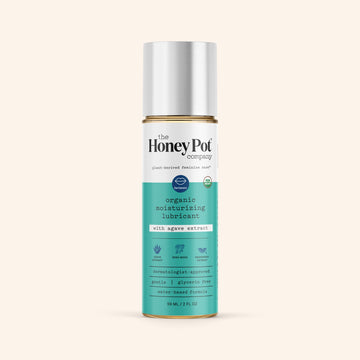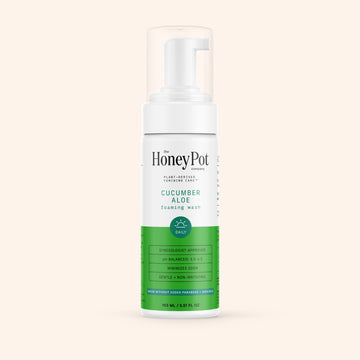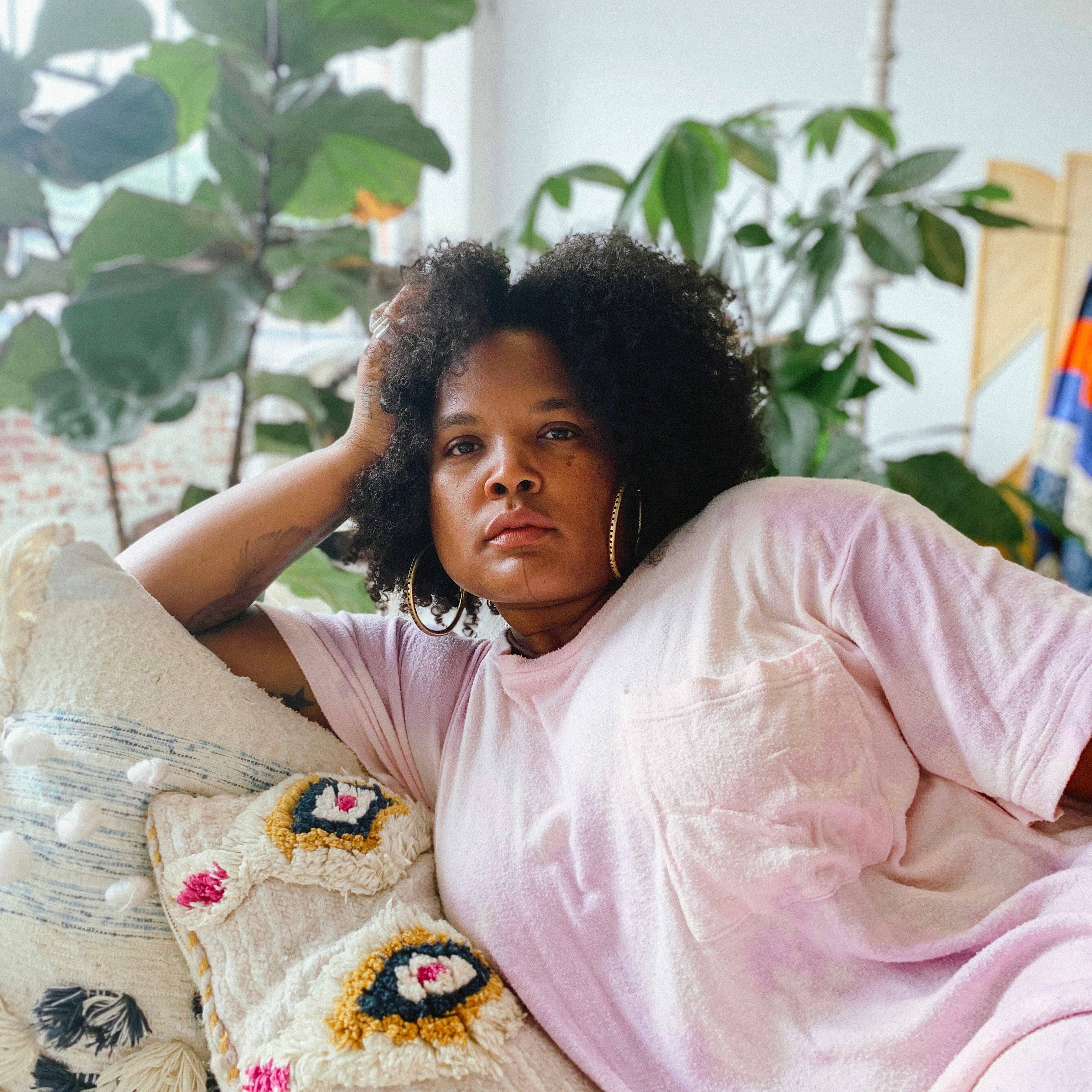An interview with Bea Dixon, Co-Founder and Chief innovation Officer of The Honey Pot Co.
Why is it important to develop the skill of tuning into your body?
All you have in this world is your body. It serves as a constant source of communication, alerting us when things aren't right, whether it's an illness, a gut feeling guiding your intuition, or being in the right place at the right time to receive information. Our bodies are always active and communicating messages that can help us get what we need.
What do you do when you feel disconnected from your body?
I meditate. I breathe. I stretch. I take a shower. Even if it’s just 5 minutes, giving myself the time to sit still without any distractions is always helpful for me.
How do you actively listen to your body?
I pay attention to how my body reacts to my environment and my internal feelings and I take action. For example, whenever I eat I prioritize paying attention to how my body responds, especially when consuming foods that may not sit well. This sometimes feels like a stomach ache or bloat versus feeling energized and alert.
When faced with decision-making, I check in with my body , particularly if uncertainty arises. If it doesn't feel right, it's likely a "no." But, when something feels right, I make a conscious effort to listen. If my body is communicating to me that I should do something I will feel eager or excited to do that thing versus feeling like it might be a mistake.
When connecting to myself and my loved ones I also rely on my intuition, which comes from the gut! There are moments when I can feel when someone close to me is thinking of me and vice versa. It’s crazy!
Which indicators do you rely on to assess your body's state and its requirements at any given moment?
I think the biggest thing for me is being mindful of my sleep patterns. When I notice that I'm not sleeping well, it often indicates that my body is under stress. I make a conscious effort to set intentions and calm my mind before going to sleep.
Sleep is one of the most important things we need for our health, and I don’t take my sleep lightly.
What are physical indications that you experience in your body when something is right vs wrong?
When it comes to visible signs, I notice tension in my lower back when I'm under stress or something is wrong.
Additionally, I've learned that my body has difficulty processing dairy, alcohol, and sugar, and they tend to trigger breakouts on my face. It's important to pay attention to the location of these breakouts, as they can provide valuable clues about which organs may be experiencing stress or attempting to eliminate toxins.
When I’m being too hard on myself and neglecting self-care practices, like meditating and slowing down my mind, it can have repercussions on my sleep, work, and relationships. Lately, I've been committed to incorporating regular mindfulness meditation and the Silva method. These practices help me process my thoughts and put them into tangible actions.
How do you identify your personal sense of "normal"?
I don't find the concept of normal appealing because I don’t think it exists. Instead, I aim to maintain a state of positive homeostasis and establish a baseline within myself. I believe that things are constantly changing, and it's important to be comfortable with change. If we become too fixated on the word 'normal' itself, it may hinder our ability to fully embrace what is happening now in the present moment.
How does vaginal wellness, skincare, gut health, and body care intersect in your routine? And how do you incorporate specific products, foods, and supplements to address these concerns?
Vaginal wellness, skincare, and gut health are intertwined in my overall well-being and they are not separate from each other. Everything I use, consume, and think should be guided by the best interest of my being and soul. I eat a clean diet, I prepare my own skincare products and I also take supplements based on the season and my travel plans. For instance, during winter, I include vitamin D, vitamin C, oil of oregano, and zinc to support my immune health. When traveling, I ensure I carry gluten and lactose enzymes because it’s harder to manage my food when I’m eating out.
Let's say you've gotten really good at intuitively giving your body what it needs. At what point do you involve a medical professional?
I believe proper wellness involves a blend of both Eastern and Western medicine. Regular annual check-ups are essential for maintaining good health. Understanding one's food allergies through an allergy food panel test is also crucial. I appreciate functional medicine because it considers the individual as a whole being, taking into account all aspects of their well-being.
If I see that I am having an experiences with my body that is not in alignment with my homeostasis, I make sure to visit my primary care doctor to check in.
Are there instances when you ignore your body, and what lessons have you gained from these experiences? Are there ways to find a compromise when unable to meet our body's needs?
I don't intentionally ignore my body; however, I recognize that life's demands can sometimes disconnect us from our physical selves. Factors like busyness, stress, sadness, or anxiety can contribute to this disconnect. I have learned that It's important to allow ourselves to acknowledge and fully experience these emotions, enabling us to process them and reconnect with ourselves.
I think that this natural ebb and flow is a part of life, and it's okay. I think the biggest thing that I have done when I listen to my body is give myself grace, I know that each day I try my best and that is enough.
For more interviews with Bea, see articles Vagina Talk and MOMENTS







